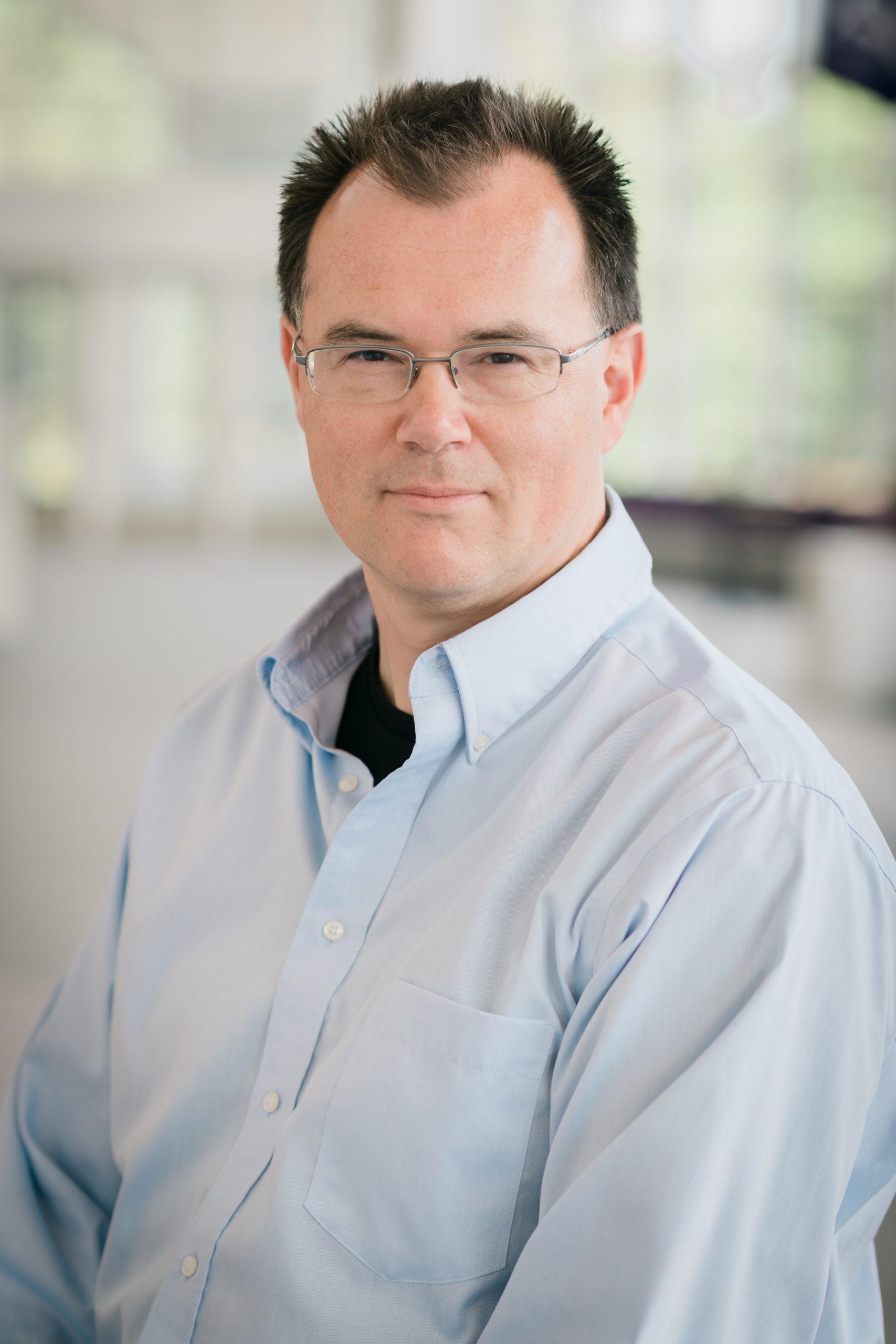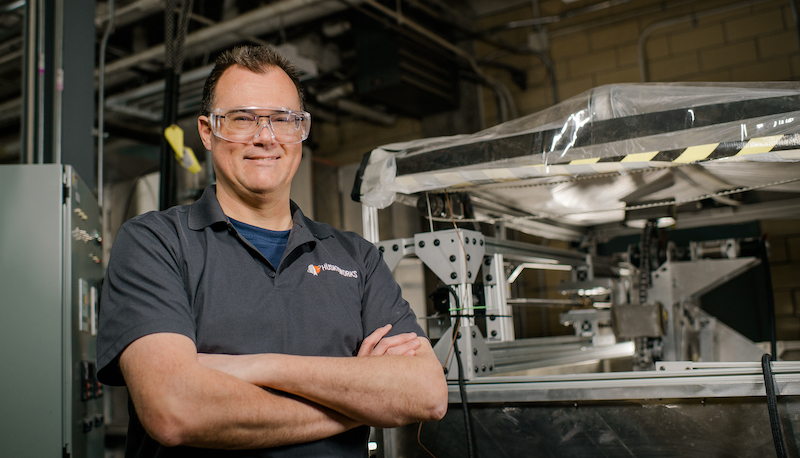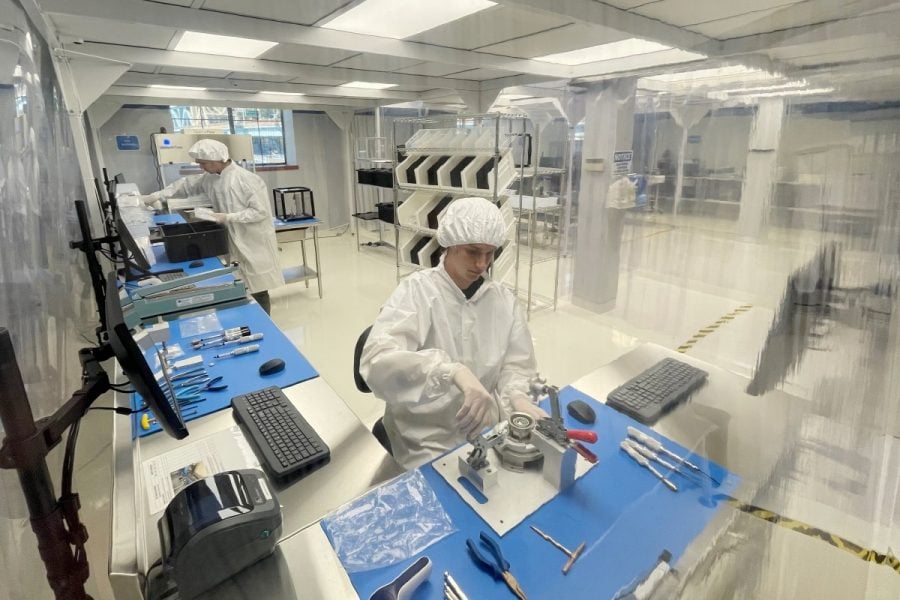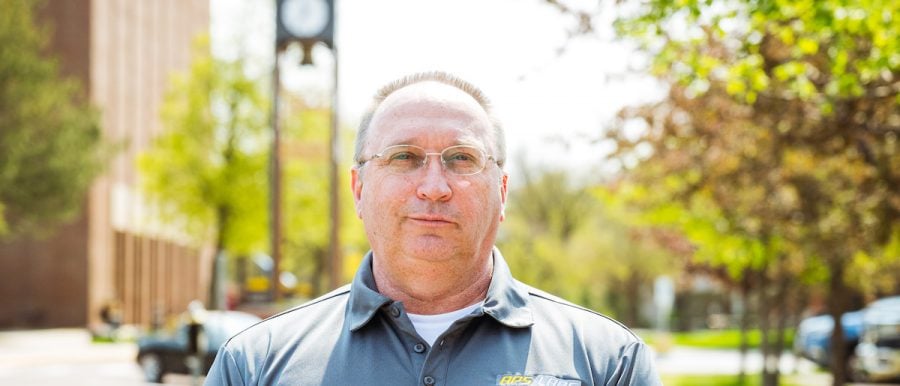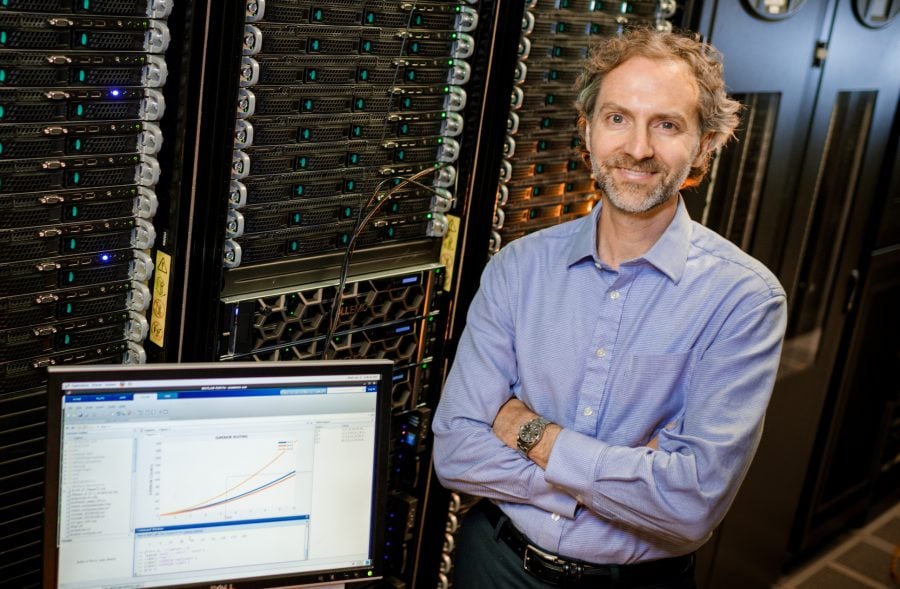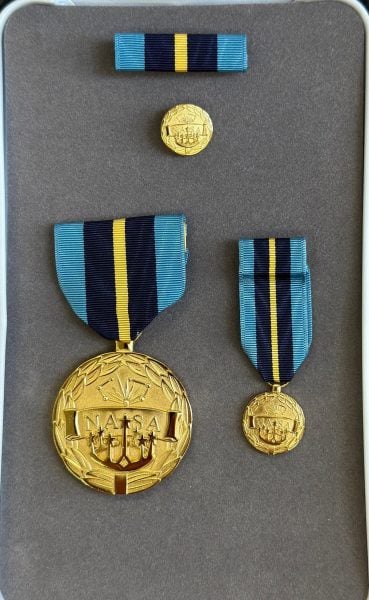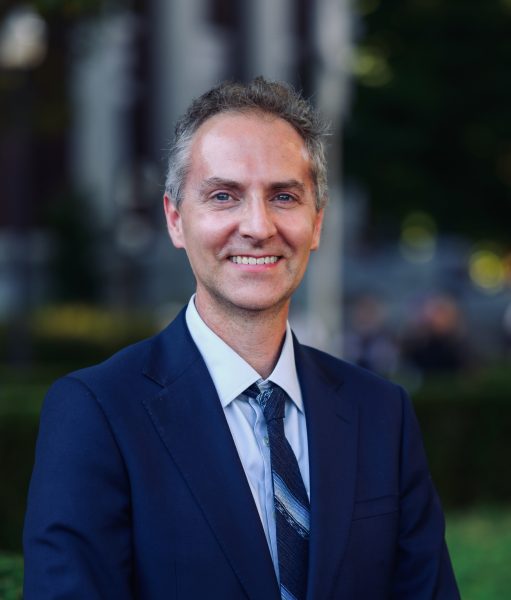
Dr. Greg Odegard, John O. Hallquist Endowed Chair in Computational Mechanics in the Department of Mechanical and Aerospace Engineering, has been named a Fellow of the American Society for Composites (ASC).
Election as an ASC Fellow recognizes members who have made genuinely outstanding contributions to the composites community through research, practice, education, and service.
In announcing the honor, ASC highlighted Odegard’s far-reaching influence in the field:
“The rigor and breadth of Odegard’s work are its most impressive qualities, but the subjects of his work are also relevant and timely to the fields of polymer nanocomposites, advanced composite materials, biomaterials, polymers, and piezoelectric materials. He was among the first to couple engineering mechanics and molecular modeling in the field of advanced composites. His research is highly cited and he has supervised 20 doctoral students to completion and currently supervises four.”
A dedicated member of ASC for more than 14 years, Odegard co-chaired the 38th ASC Annual Technical Conference in 2023, serves on the Executive and Publications Committees, and has chaired eleven conference sessions since 2010.
Odegard’s pioneering research in computational modeling and multiscale simulation of composite materials supports the design of next-generation materials for aerospace, defense, and biomedical applications. His election as an ASC Fellow reflects both his technical excellence and long-standing commitment to advancing the composites community.
